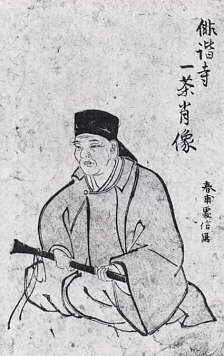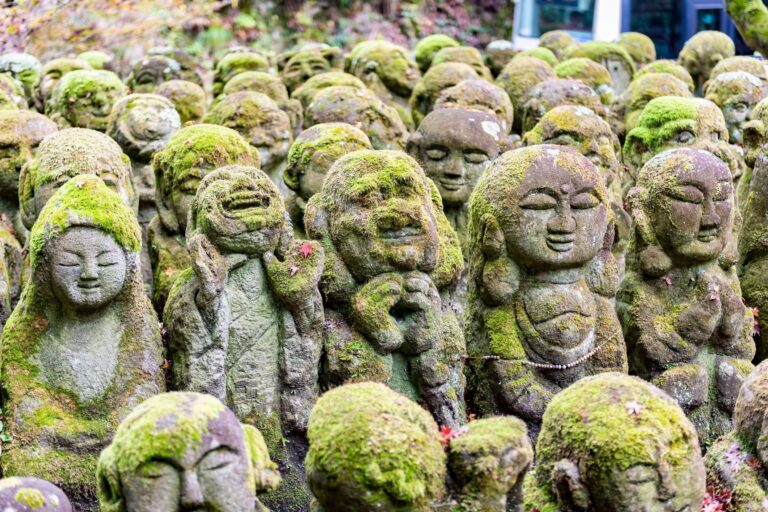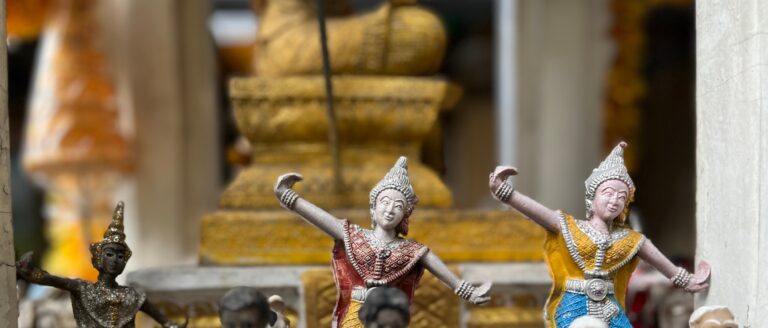All the time I pray to Buddha
I keep on
killing mosquitoes.
-Issa

Summertime! Such abundance, and aliveness! Beyond words.
And yet, and yet… we are blessed with artists who, in elegant words, images, or music, can give this beauty a formless form. Poetry, a genre I came to appreciate late in life, blesses me with awe when so few words seem to connect my essence to all of THIS.
Buddhist poet Kobayashi Issa, one of the “Great Four” haiku masters in Japan (along with Basho, Buson, and Shiki), is a favorite of mine. Issa wrote over 20,000 haiku, including 1,000 poems on the so-called lower creatures – snails, flies, frogs, fireflies, fleas, and my personal nemeses, mosquitoes.
Issa suffered incredible losses in his life – his mother when he was 3, followed by the grandmother who raised him to the age of 14. When he finally married at age 49, he lost his first child shortly after birth and then lost a daughter two years later, giving rise to this haiku:
This dewdrop world –
Is a dewdrop world,
And yet, and yet . . .
A third child died when Issa was 58, and then 3 years later, his wife Kiku died.
How do we bear such sorrow?
One of my greatest realizations in our practice is the relentless truth of change. The Five Remembrances whisper in my ear, “… all that is dear to me and everyone I love are of the nature to change.” All is impermanent.
This is a gentle nudge, reminding me of what is most important in my life now – the people I love and our connections. These days, I feel a quiet urgency to make certain I stay in touch with those I love in all realms, to stay connected with this boundless joy. As the Buddha entreats, “Do not squander your life!”
And yet, and yet … I am still profoundly shaken each time there is another loss. It is times like these that I turn to this haiku, written centuries ago, for the comfort of shared sorrow and the wisdom of life as it is.
Mosquito at my ear—
does he think
I’m deaf?
Don’t miss the whisper. Don’t miss a breath. And keep swatting.
Reishin






